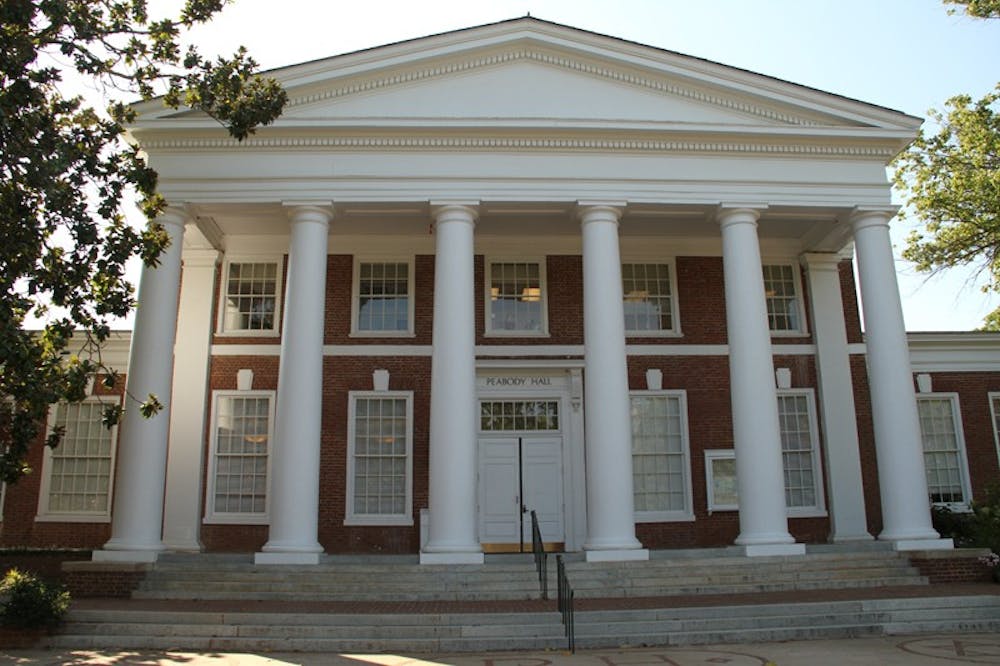The Consumer Financial Protection Bureau received approximately 3,800 complaints about private student loans from Oct. 1, 2012 to Sept. 30, 2013, according to a regular report released Wednesday.
“Overall, the total number of complaints received was higher than expected,” the report noted.
The most prevalent complaint, according to the report, related to “borrowers attempting to adjust the repayment terms of their loans in times of [economic] hardship.” Other complaints included “problems with debt collection practices, problems covering a range of payment processing issues, and general customer service issues.”
A major contributor to problems was inadequate communication from lenders regarding payment application — the process of making a payment towards a particular loan. Many borrowers ran into trouble when making payments in excess of required minimums.
“Many consumers find that they are unable to verify whether payments are appropriately applied when they make additional payments in order to pay off their loans more quickly,” the report stated.
Consumers also had trouble making payments that covered several loans linked with the same loan servicer, finding often that they were unable to easily apply payments to one loan over another.
“These borrowers claim that payments are generally not applied in a way that helps them to pay off their loans with the highest rates,” the report stated.
Consumers also cited faulty late fees, inadequate access to payment histories, lost payments, difficulty uncovering valid payoff information and problems transferring servicers as explanations behind their complaints.
Rohit Chopra, the bureau’s Student Loan Ombudsman who wrote the report, said though the complaints were widespread, he was unable to statistically conclude whether the problems were associated with a wide range of loan services, as 87 percent of the complaints were directed at just eight different companies.
“When it comes to analyzing complaints, it is not a statistically representative survey, but when you see the same complaint with a very similar fact pattern again and again and again, it tends to suggest that there may be a systemic problem in perhaps the technology system, perhaps customer service processes, whatever it may be,” Chopra said.
Sallie Mae received the bulk of the complaints, at 49 percent, and American Education Services received 11 percent and Wells Fargo and Discover received 6 percent each.
The report said Congress should create clear guidelines for payment application and records retention in the student loan market when it reauthorizes its student loans program under the Higher Education Act.
In response to the annual report, University spokesperson McGregor McCance said the bureau’s report focused on private loans, something the University does not spend much of its resources on.
“U.Va. does not make recommendations on private students loan providers, or receive or handle issues between those private lenders and the borrowers,” McCance said in an email.
McCance said the University does, however, have a limited role in the private loans process.
“We certify to lenders that a student has financial need,” he said. “And the staff who do these certifications have not heard any complaints.”







